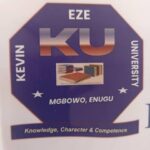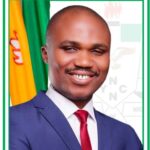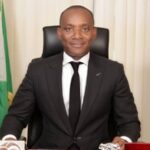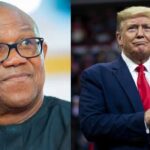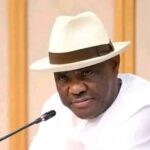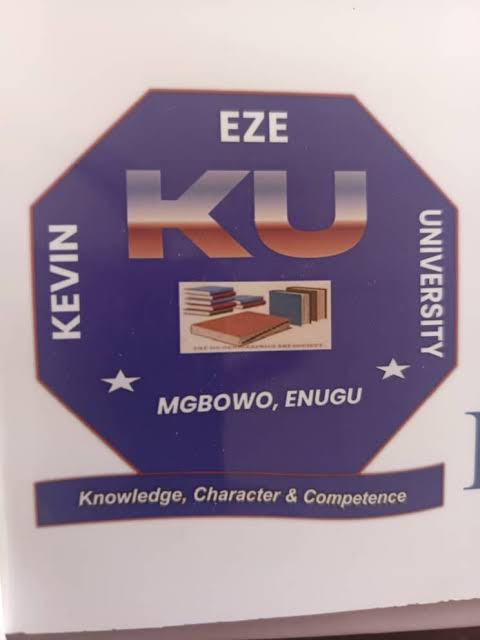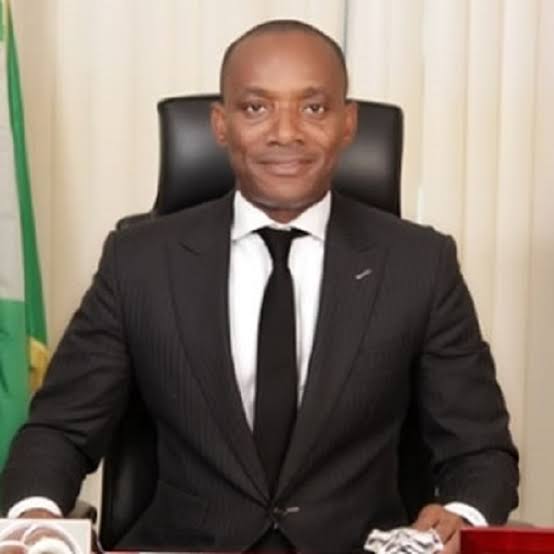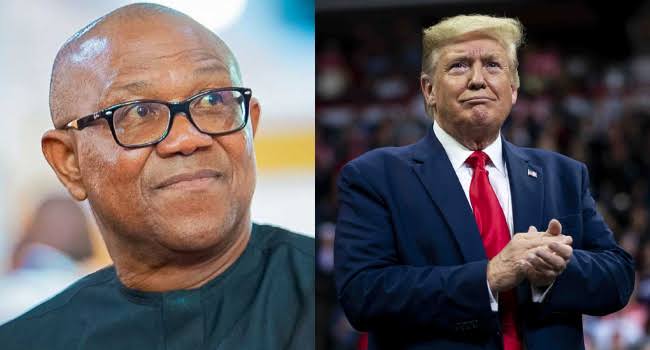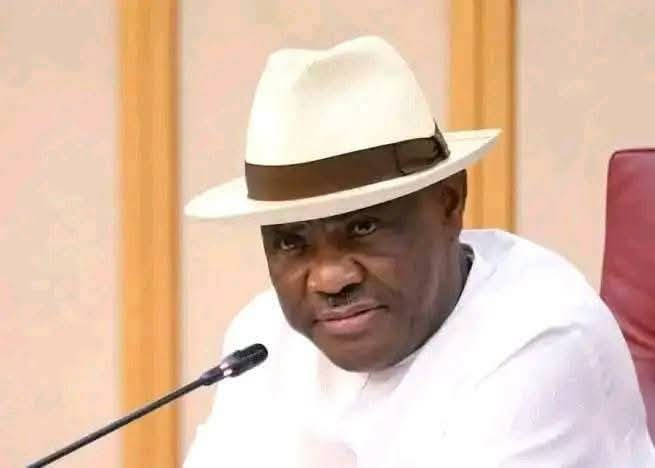By Law Mefor
A democracy without opposition is like making an omelet without breaking eggs; or, a bird flying with one wing or one clapping with one hand. Yet, the fact is there is no opposition in the nation’s so-called democracy. Opposition political parties simply exist as platforms for power grabbers to contest and capture power and there it ends till another election season comes.
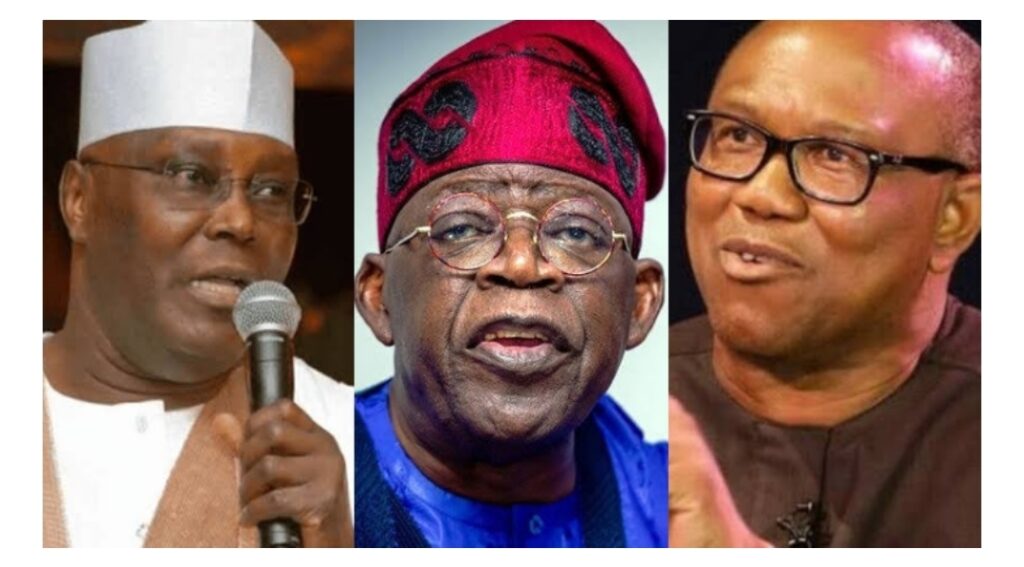
It should be declared right away that the opposition political parties may soon not have enough time to do the needful to be able to successfully run and win the 2027 General Election. The gaps and flaws found in the General election of 2023 are addressed, particularly in the presidential race. A lot of the mistakes and holes are about the law, and the general election in 2027 won’t be any better or less controversial than the one in 2023 if the right laws and structural issues aren’t put in place.
The two opposition parties, the Peoples Democratic Party (PDP) and Labour Party (LP) have not taken any concrete steps to address the legal loopholes that led to their defeat in 2023. Instead, they make occasional media appearances while waiting for 2025 when INEC announces its election timetables to start jostling for party tickets.
Nigerians can criticise the courts and judges all they want, accusing them of passing judgments based on technicalities, rather than substantive justice. They should ask if the judges created those technicalities, and if they didn’t, who should lead the legislative actions to fix the loopholes. In a democracy, it is the opposition parties, in our case the PDP that should be pushing for the needed reforms.
Opposition parties learnt nothing from the 2023 General Election which they could have easily won if they did their job. For example, a judge of the presidential election petition court (PEPC) said in his judgment that “We (judges) don’t work as the laws ought to be, but as the laws are.” The question then remains: who is fixing the bad laws that have deprived the voters of their power to choose who will govern or represent them?
Four critical legal issues need to be resolved before any talk about the possibility of a credible free and fair election in Nigeria: One, making it mandatory to upload the results of all polling units as a condition precedent to manually collating and announcing the results at any level.
This can be achieved by simply making the express provisions of Section 64(4) of the Electoral Code mandatory, which states: “A collation officer or returning officer at an election shall collate and announce the result of an election, subject to his or her verification and confirmation that the— (a) number of accredited voters stated on the collated result are correct and consistent with the number of accredited voters recorded and transmitted directly from polling units under section 47 (2) of this Act; and (b) the votes stated on the collated result are correct and consistent with the votes or results recorded and transmitted directly from polling units under section 60 (4) of this Act” mandatory and condition precedent to collation and announcement of results.
The second is concluding election litigations before swearing-in.
The third is requiring INEC, not the petitioner, to provide the Tribunal with proof of how the commission arrived at the winner of any of the elections it conducted. In this manner, even before the tribunal hearing begins, INEC will provide the tribunal with the materials used to determine the winner, especially Form EC8A i.e. the results produced at the polling units. As of now, INEC enjoys the presumption of regularity and compliance with the specified laws and is not obligated to provide proof of how the election was conducted. This is wrong!
Under the existing legal framework which needs to be changed, INEC merely declares one person the winner and directs the other candidates to “go to court”; the commission goes so far as to deny the petitioners access to used election materials to make proof of the commission’s hatchet or shoddy job rather difficult if not impossible.
The fourth is to set determinable limits on the key decisions that INEC would make. For example, no one knows what INEC’s “substantial compliance with the Electoral Act” means. “Substantial compliance” should be legally defined thresholds that INEC must meet before the commission can be deemed to have substantially complied with the electoral law, removing it from the realm of subjectivity and discretion of the court or judges.
These four amendments to the electoral law and more should be considered irreducible minimums. Without these changes, the 2027 general election cannot promise to be any different from the 2023 that almost destroyed the country.
Someone said it’s just crazy to do the same thing over and over again and expect a different result, and that seems pretty much the opposition parties’ docile posturing and grandstanding.
It is often said that a chain is only as strong as its weakest link. Likewise, democracy is only as strong as the virility and seriousness of its opposition and opposition leaders. Opposition parties and opposition leaders are yet to face the challenges of opposition politics. They are waiting for the approach of the 2027 general elections before re-entering the fray only to turn around to blame the judges and tribunals.
Opposition politics is not random press releases and noise. Those are just symbolic gestures at best if not playing to the gallery. Political parties are organisations that coordinate candidates to compete in a particular country and election. Political parties are now as important as democracy itself and determine how far any democracy can fare. One core job of opposition is fighting for level playing grounds through appropriate legal frameworks. This is not happening in Nigeria.
Political parties are propelled by ideologies. In the Fourth Republic of Nigeria (the current democratic dispensation), political parties have no ideological identities. They are mere vehicles to win elective seats and are abandoned thereafter by the winners.
No one can tell the ideological orientation of the two leading political parties in Nigeria, APC and PDP, whose members sleep as APC and wake up as PDP members and vice versa. The duo look more like siamese twins. The lack of ideology is what made party membership so fluid and encourages political “jumpology” and the near absence of party loyalty.
The Peoples Democratic Party, PDP, particularly, has so far failed in the opposition. However, the main opposition party has a small window to redeem its suffering credibility. It is worrisome that the PDP as the main opposition party could not even resolve its leadership crisis to have a substantive National chairman, or even convene its national working committee for months.
Opposition keeps pursuing trivial issues like its preoccupation with President Tinubu’s health. How will this help them in their quest to win the 2027 presidential election? Why can’t focus on the core issues to be addressed for the opposition to stand any chance of winning elections? The opposition must push for those fundamental electoral law reforms so that votes can truly count and the courts and judges have very little or no role. When will they gain this perspective?
Recall that in the campaign and agitation to amend the 2010 Electoral Act, which eventually yielded the Electoral Act 2022, opposition parties abandoned the struggle with the CSOs and fought for their party tickets instead, while hoping to bribe their way through the tribunals rather than submit to the will of the Nigerian electorate. It didn’t work. Yet, they are not changing strategies. Since the bad laws favour the ruling party, the APC, do the PDP and other opposition parties expect it is the ruling party that will be pushing for changes in the crooked electoral laws?
It is absurd for the opposition to dwell on Tinubu’s health the way they did with Buhari for 8 years and played no meaningful role in electoral reforms. If they want the president’s health to be an issue, they should fight to make full disclosure of the president’s health a matter of law.
Most importantly, opposition parties, particularly the PDP, should realise that time is of the essence. A stitch in time saves nine, they say. They have to do the needful in good time. Their merger which has since been muted has gone mute just like they are doing nothing about the needed amendments to the Electoral Act. They need to make haste while the window is still open or wait to read another chapter of the book of lamentations in 2027.
_Dr. Law Mefor, an Abuja-based forensic and social psychologist, is a fellow of The Abuja School of Social and Political Thoughts; drlawmefor@gmail.com; Twitter: @Drlawsonmefor._

